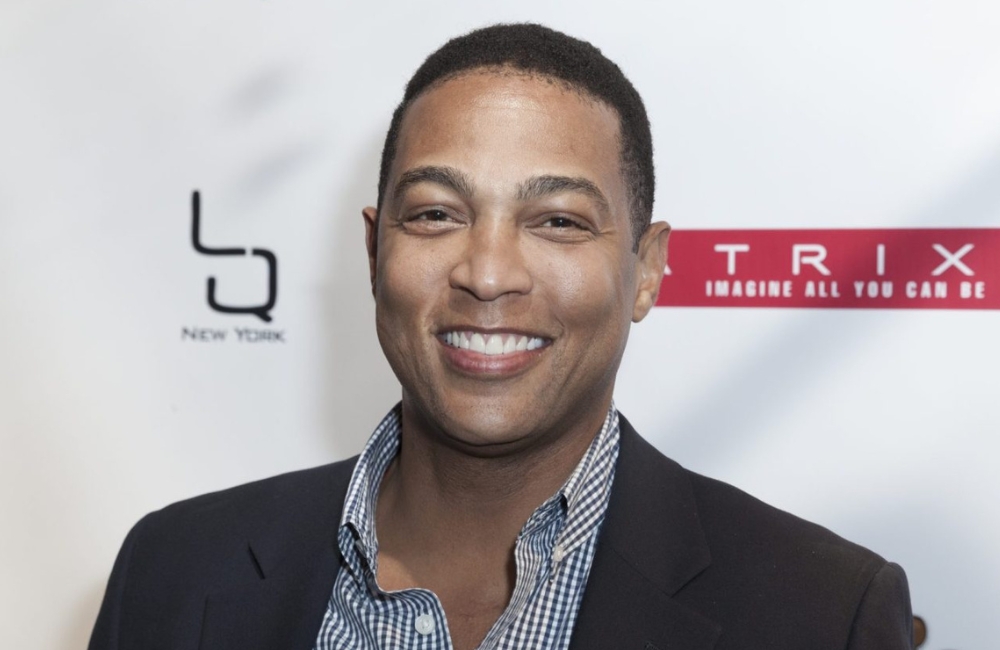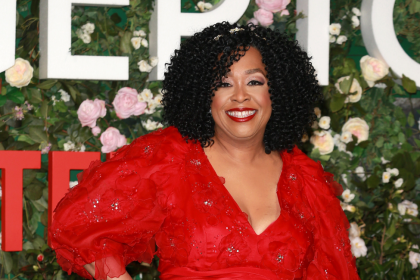A San Francisco courtroom has become the latest battleground in the increasingly contentious relationship between traditional media figures and tech moguls, as Don Lemon secured a partial victory in his legal pursuit against Elon Musk and his social media empire. The federal judge’s decision to allow the former CNN anchor to proceed with fraud, breach of implied contract, and unjust enrichment claims represents a rare instance of a media personality successfully challenging one of Silicon Valley’s most powerful figures.
The ruling, while dismissing defamation and harassment allegations, sets the stage for what could become a landmark case in digital media contract law. For Lemon, whose career has spanned decades of traditional broadcasting, the legal victory represents more than personal vindication—it signals a potential shift in how content creators can hold major platforms accountable for their promises.
The interview that changed everything
The controversy traces back to a March 8 encounter that would ultimately unravel what appeared to be a lucrative partnership. Lemon, known for his direct interviewing style, conducted what sources describe as a particularly challenging session with Musk. The conversation reportedly touched on sensitive topics, creating an atmosphere of tension that would prove prophetic.
Within hours of the interview’s conclusion, Musk made the decision that would spawn months of legal wrangling. The promised $1.5 million exclusive content arrangement—which had been marketed as a cornerstone of X’s effort to attract high-profile creators—vanished as quickly as it had materialized. The abrupt cancellation reflected Musk’s notorious unpredictability, but legal experts argue it may have crossed the line from mercurial behavior into actionable breach.
Financial stakes and broken promises
Court documents reveal the scope of what Lemon alleges he lost when the deal collapsed. Beyond the $1.5 million payment, the arrangement included revenue-sharing provisions that could have generated substantial ongoing income. The partnership was structured around weekly and monthly video content designed to leverage Lemon’s established audience while helping X compete with other platforms for premium creators.
Perhaps most troubling from a legal perspective, Lemon’s team argues that X representatives pressured him to announce the deal publicly before formal contracts were executed. This strategy, seemingly designed to generate buzz and attract advertisers, may have created the very legal vulnerabilities that now expose Musk to liability.
Lemon’s attorney, Carney Shegerian, emphasized that the ruling means his client can hold X and Musk accountable in open court, noting that Musk is subject to the legal process like everyone else. This statement underscores the importance of accountability, especially for high-profile figures who often operate in realms of significant influence.
California court advantage
Musk’s unsuccessful attempt to relocate the proceedings to Texas represents a significant early defeat. California’s legal environment traditionally favors employees and independent contractors in disputes with large corporations. The state’s courts have extensive experience with entertainment industry contracts, potentially benefiting Lemon’s case.
The venue decision also reflects broader questions about where major tech companies should face legal accountability. As platforms like X operate globally while maintaining complex corporate structures, determining appropriate jurisdiction becomes increasingly important for content creators seeking redress.
Industry impact and creator rights
The entertainment and media industries are monitoring this case closely, recognizing its potential to reshape how digital platforms negotiate with high-profile creators. Traditional media figures transitioning to digital platforms often find themselves navigating unfamiliar contractual terrain, where verbal agreements and implied promises carry different legal weight than in established broadcasting environments.
The case highlights several key issues affecting content creators across the spectrum. The outcome could establish important precedents regarding the enforceability of verbal agreements in digital media, platform liability for premature deal announcements, and revenue-sharing obligations in creator partnerships.
This legal battle occurs against the backdrop of Musk’s controversial tenure as X’s owner. Since acquiring the platform, he has made numerous decisions that have surprised industry observers and, in some cases, led to legal consequences. The Lemon case represents another instance where Musk’s management style may have created legal exposure for his companies.
As the legal proceedings advance, both sides face significant stakes. For Lemon, success could validate his decision to pursue legal action against one of the world’s most visible entrepreneurs. For Musk and X, the case represents a test of whether the platform can maintain creator relationships while preserving operational flexibility.
The resolution of this dispute will likely resonate throughout the digital media ecosystem, potentially influencing how platforms and creators approach their relationships in an increasingly complex landscape.
















